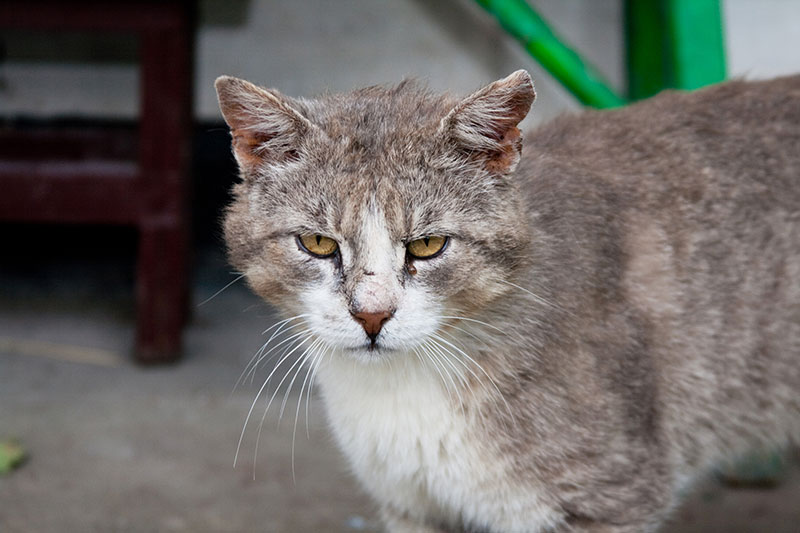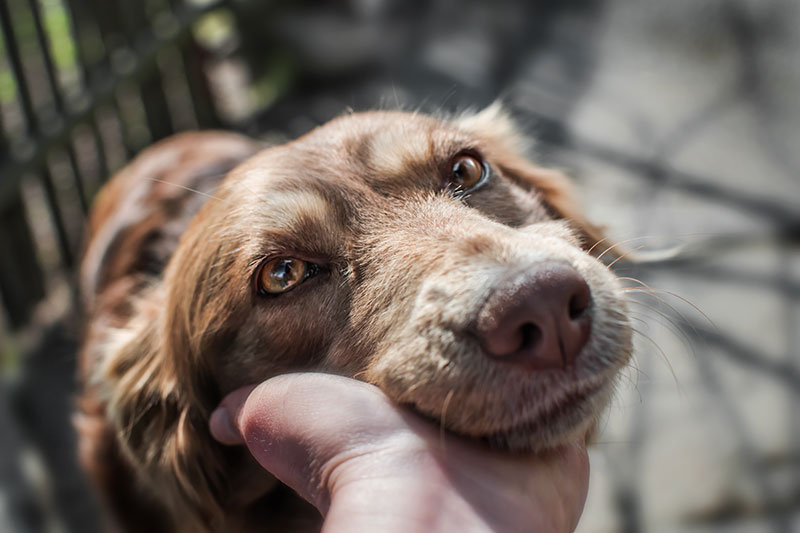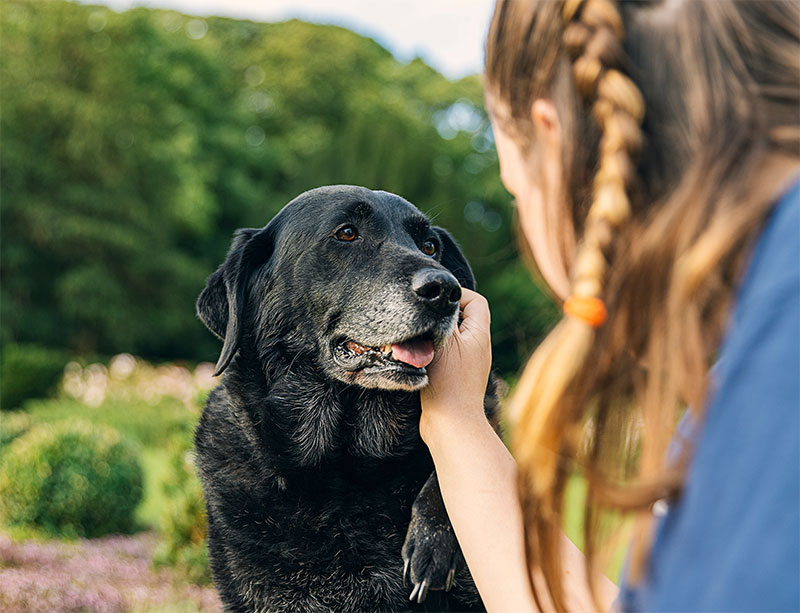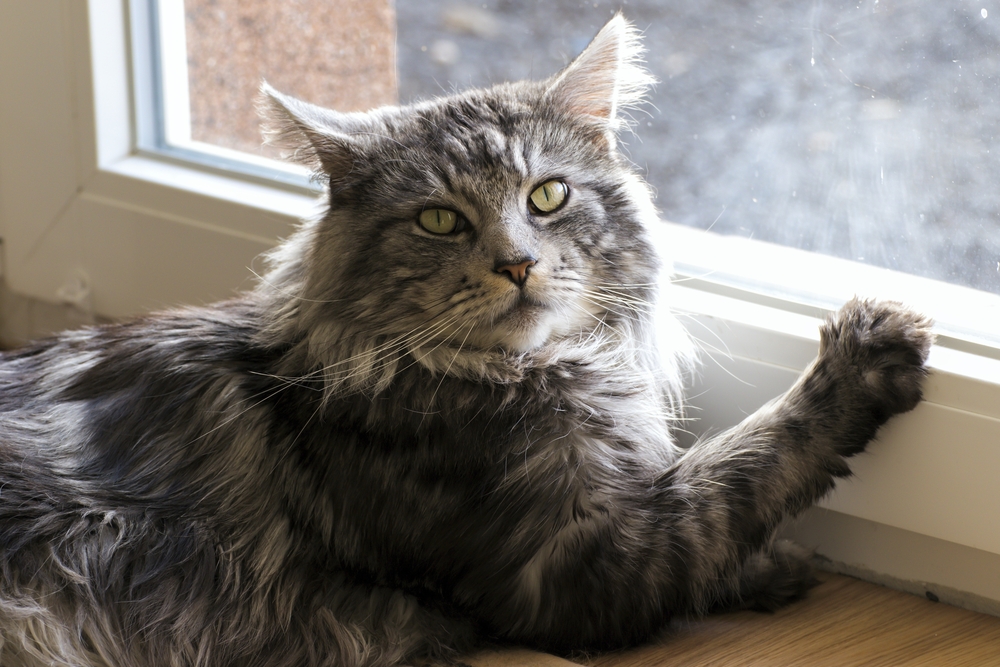Why You Should Adopt a Senior Pet
With their graying fur and quiet temperaments, senior dogs and cats often get overlooked in animal shelters. However, deciding to take a chance and adopt a senior pet is often one of the most rewarding choices prospective pet owners can make. Whether you’re looking for a new cat or dog to bring home, we suggest you consider a senior for the following reasons.

Top 5 Reasons Why You Should Adopt a Senior Pet

1. Trained and Socialized
Senior pets are usually already trained and socialized. This means they come home having already been housebroken and teethed. Your senior pet will be ready to fit right in with the rest of your family and friends.
2. Less Demanding
Puppies and kittens have loads of energy and require a lot of work, training, and attention. Although senior pets like to get plenty of attention, too, they won’t be quite as demanding as a brand-new baby pet.
3. Fewer Surprises
When you adopt a puppy or kitten, there’s always a chance they could develop an unexpected health problem. When you adopt a senior pet,
however, you’ll already know most of the pet’s medical history and needs.
4. Still So Much Fun
Senior pets – especially dogs – still love to play games and learn tricks. They’re eager to interact with and please their human family members. So, you’ll have loads of time to teach your rescue pet new commands and playtime activities.
5. You Can Be a Hero
When you choose a senior pet, you’re picking a pet that might otherwise not get adopted and end up spending a lot of time living in an animal shelter. When you bring home a senior dog or cat, you’ll be a hero who provides an older animal with the loving home, companionship and care they deserve throughout their golden years.


Learn All About Senior Pet Care With Our Woodland Park Veterinarian
At Compassion Animal Hospital, we tailor care to meet each of our patient’s individual needs. For senior pets, this means specialized nutrition and lifestyle recommendations, frequent health screenings, and wellness and preventative care designed to keep your cat or dog feeling happy, healthy, and energetic, well into his or her golden years.
To learn more about senior pet care or to schedule an appointment for your recently adopted senior pet, we welcome you to contact Compassion Animal Hospital in Woodland Park today.













